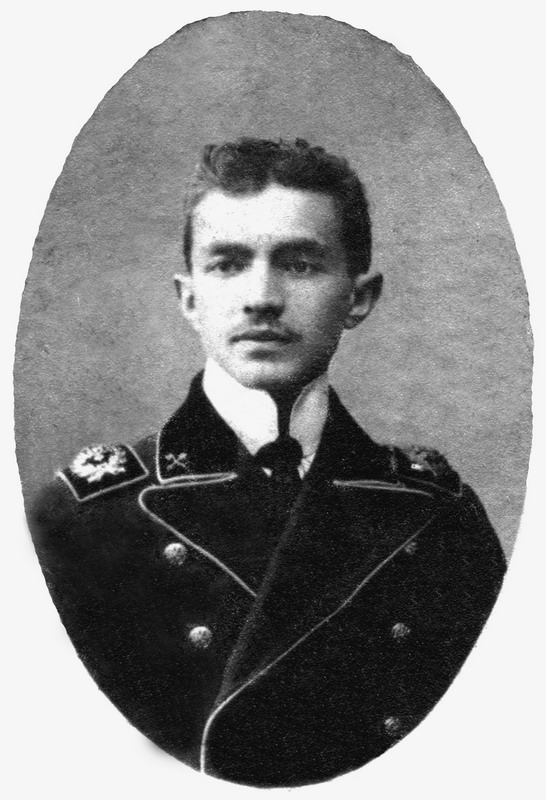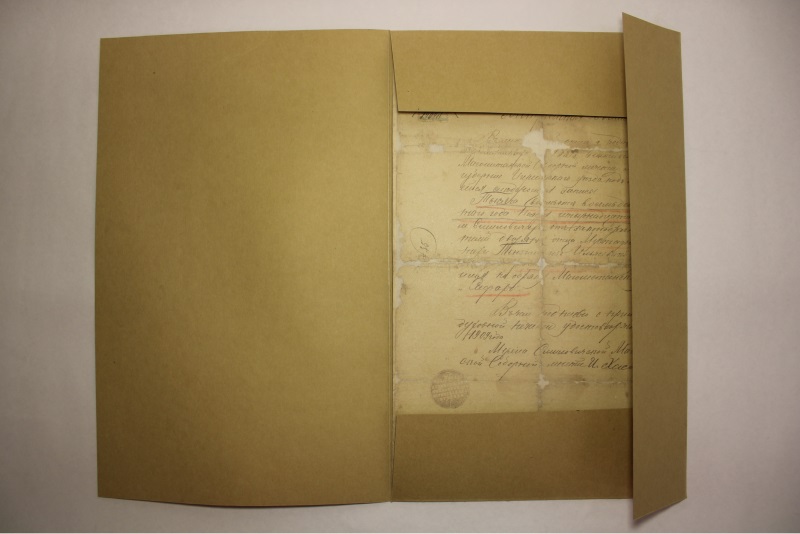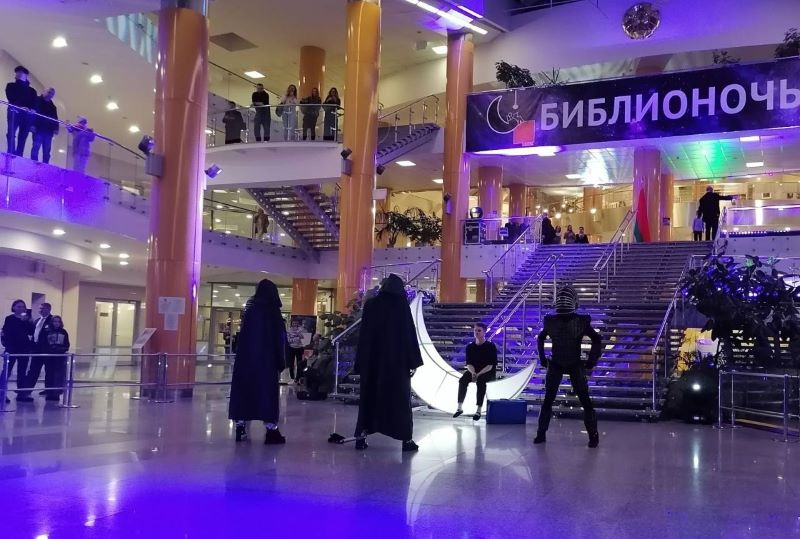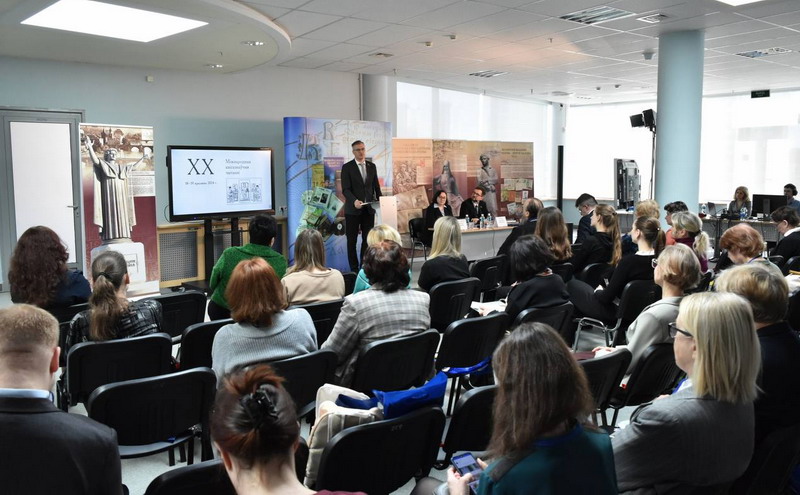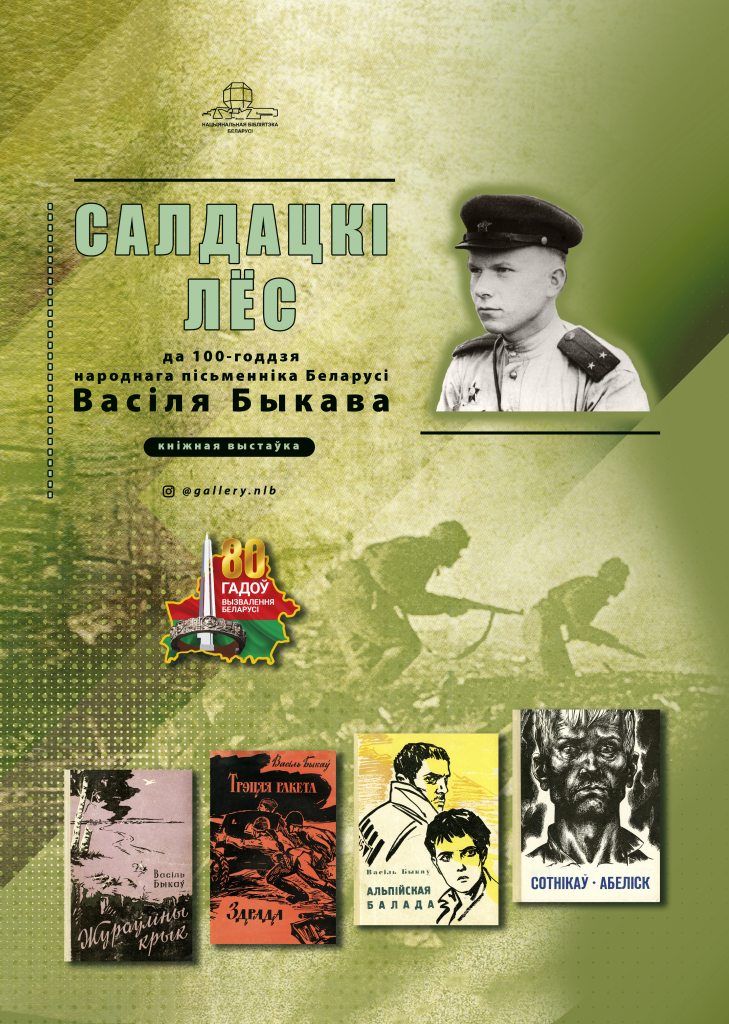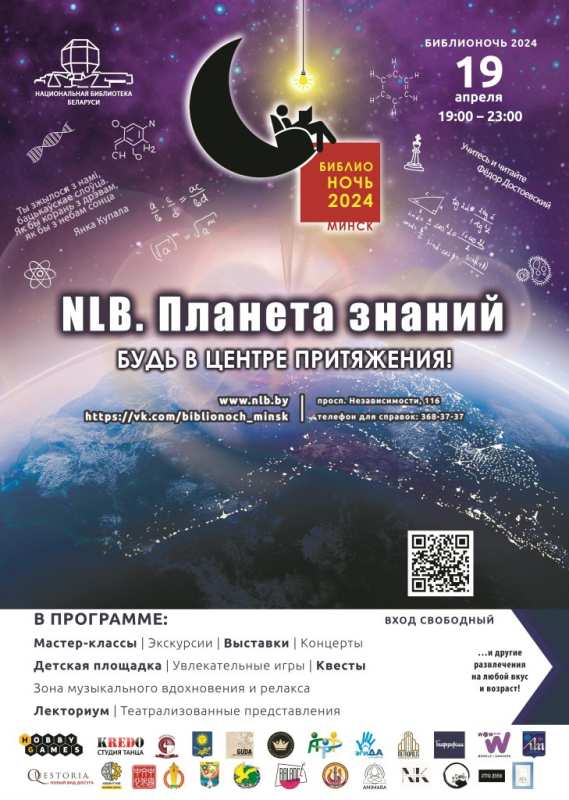December 20 marks the 130th anniversary of Juzef Jadkowski, local history expert, researcher of the development of the Neman lands, numismatist, founder of the Hrodna State Historical and Archaeological Museum.
Ju. Jadkowski (1890–1950) is a native of Hrodna and one of the most iconic figures in the history of the city. His parents were born into poor noble families in Hrodna province. In Hrodna, the Jadkowski family had their own house and a carpentry workshop.
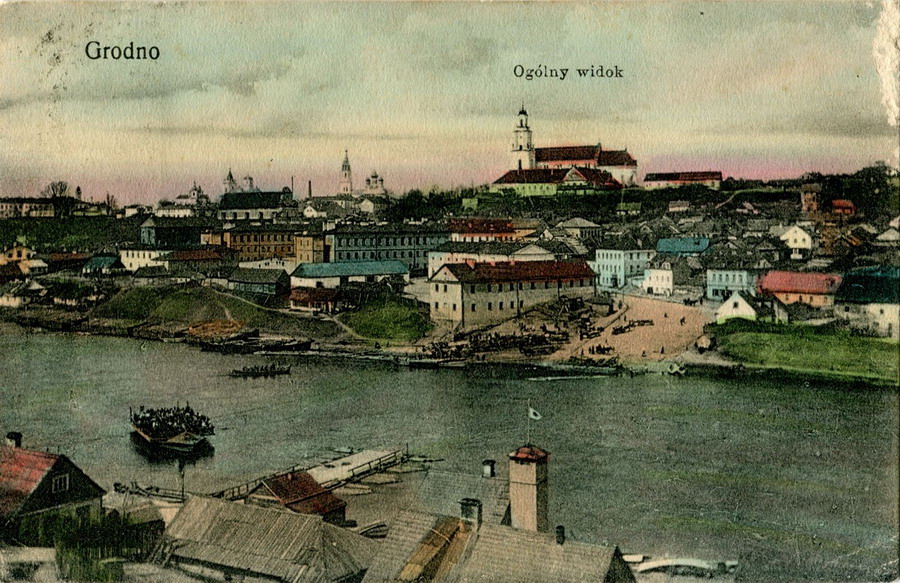
After receiving initial home education, the future scientist entered the Hrodna Men's Gymnasium. While studying at the gymnasium, Juzef began to show interest in the study of the past of his native land. This was largely due to the history teacher E.F. Arlowski, a member of the Hrodna Church-Archaeological Committee, the author of the famous works "Hrodna Antiquity", "Essay of the history of the city of Hrodna, compiled on the basis of printed sources," "Educational description of Hrodna province" and others. The young man often wandered with friends in the old neighbourhoods, examined architectural monuments, collected ancient coins. During the same period, he began to write his first local history essays, which he published in the editions «Dziennik Wileński» and "Swiatowit". He was a close acquaintance of Eliza Azheshka, and the writer allowed the inquisitive student to use her library.
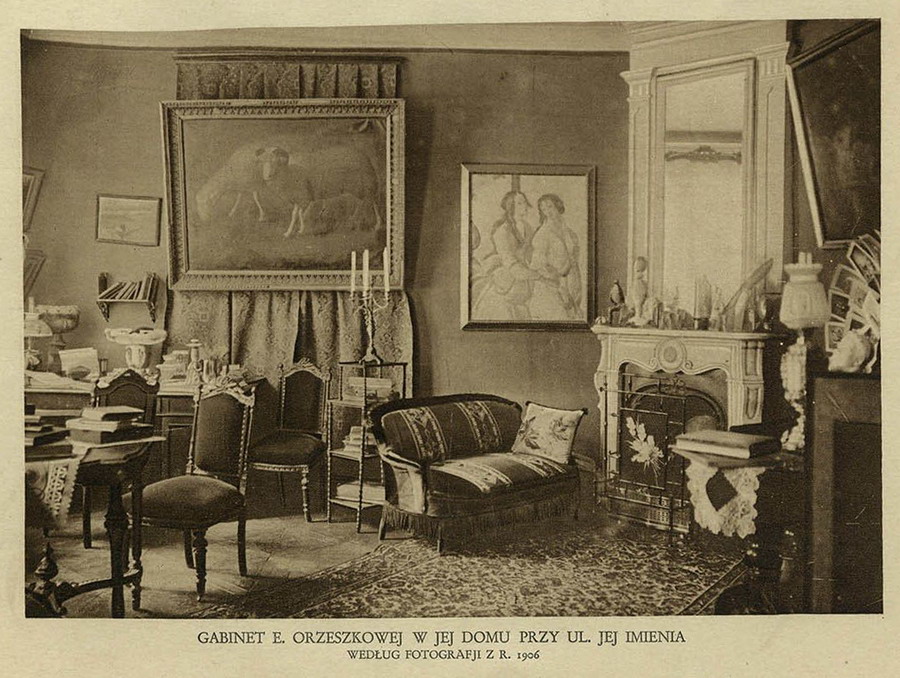
Due to his participation in the patriotic movement, Juzef had to leave the Hrodna Gymnasium and finish his education in Warsaw. There he combined his studies with his work in the archaeological museum, and archaeological excavation. On the advice of his comrades, among whom was Ferdinand Rushchyts, he entered the Moscow School of Painting, Sculpture and Architecture. Then he studied at the Imperial Moscow Archaeological Institute, where he defended his thesis "The Lithuanian grivna in connection with the issue of ancient monetary units in Lithuania" in 1912 and received the "scientific archaeologist" degree. After graduation, he worked at the Archaeological Institute and then at the Rumyantsev Museum.
In 1910–1914, the Moscow Archaeological Society sent Juzef Jadkowski on a business trip for archaeological research, sketches and photographs of architectural monuments, studying archives in the territory of Vilnia, Hrodna and Minsk provinces. During the First World War, he organized the evacuation of historical treasures, worked as a nurse in the hospital. During the Soviet-Polish war of 1920, he participated in military operations.
After demobilization, he returned to Hrodna and began active scientific research. He was appointed Executive Secretary of the Board of Custody of Historical and Cultural Monuments. He collected materials about the monuments of archaeology and history of Hrodna and Hrodna district, compiled their state registry. An important activity of this period was the work on the foundation of a historical museum in the city (now the Hrodna State Historical and Archaeological Museum), which became a significant part of the cultural life of the city. The efforts of Jadkowski made it possible to compile collections of archaeology, numismatics, ethnography, works of art and documents, to found a museum library of 15 thousand volumes, to organize the issue of the yearbook "Muzeum w Grodnie".
Juzef Jadkowski also carried out archaeological excavations: in Vawkavysk (1925), on Zamkavaja Gara in Hrodna (1932–1933), in 1935 he explored the Kalozha Church. His fruitful work contributed to the study and preservation of the cultural and architectural monuments of the Hrodna region.
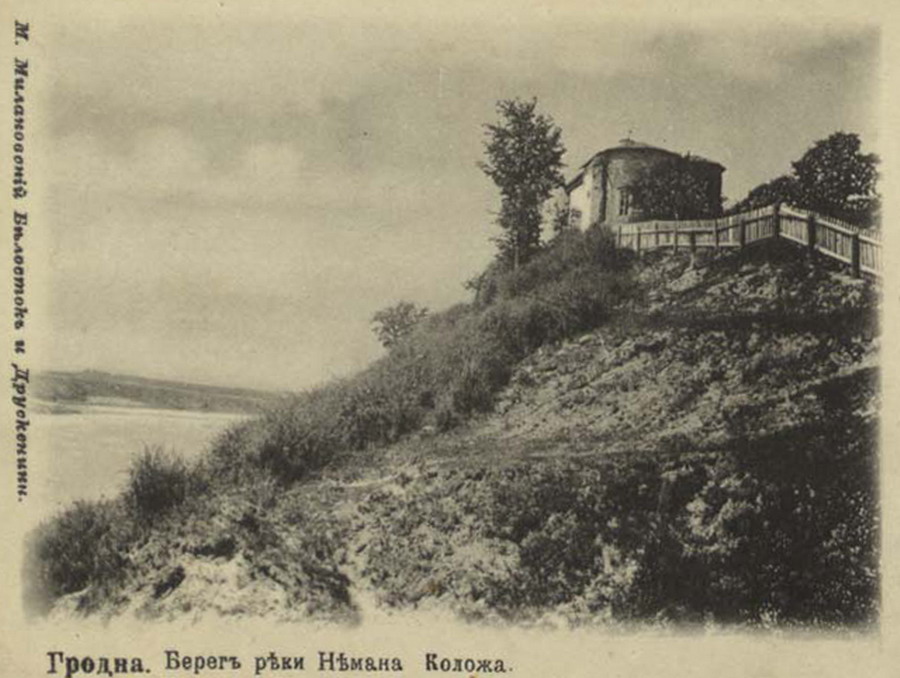
The scientist was the author of more than 150 publications on history, numismatics, culture, local studies of Hrodna, Brest, Bielastok regions. The main part of them is devoted to the results of archaeological excavations, description and introduction of various monuments of material culture and manuscripts into the scientific circulation. Juzef Jadkowski made a significant contribution to the study and popularization of the history of the 1863–1864 uprising in Hrodna. Among the works of Juzef Jadkowski are "Okolice Grodna pod względem archeologicznym" (1910), "Grodno" (1923), "Gimnazjum po-dominikańskie w Grodnie" (1924), "Grodzisko wołkowyskie" (1925), "Cechy grodzieńskie w wiekach dawnych" (1926), "Grodno i okolice w zaraniu dziejów Litwy i Rusi nad Niemnem" (1928), "Ulice grodzieńskie w swietle historji i topologji" (1931), "Skarby monet znalezione na terenie województw półn.-wschodnich w latach 1928–1930" (1934) "Świątynia warowna na Kołoży w Grodnie: w świetle badań archiwalnych i archeologicznych, dokonanych w 1935 r." (1936) etc. The National Library of Belarus collections keep a number of works by the scientist, as well as publications about his life and activities, which can be found through the E-Catalogue. The EIR "National Bibliography of Belarus» further presents information about those works by Juzef Jadkowski (found in the collections of foreign libraries), which are not available in our country.
In 1937, Jadkowski moved to Warsaw. He worked with the art collections of Warsaw Castle. After the Second World War and until the end of his life he was engaged in the restoration of the numismatic cabinet of the Polish National Museum, and headed the Warsaw numismatic society.
Biographical information about Juzef Jadkowski is also presented in the online encyclopaedia "Belarus in Persons and Events", the National Database of Authoritative/Regulatory Records, on the website of the E.F. Karski Hrodna Regional Scientific Library in the database "Legends of Hrodna Land" and other resources.
Bibliology Research Department

